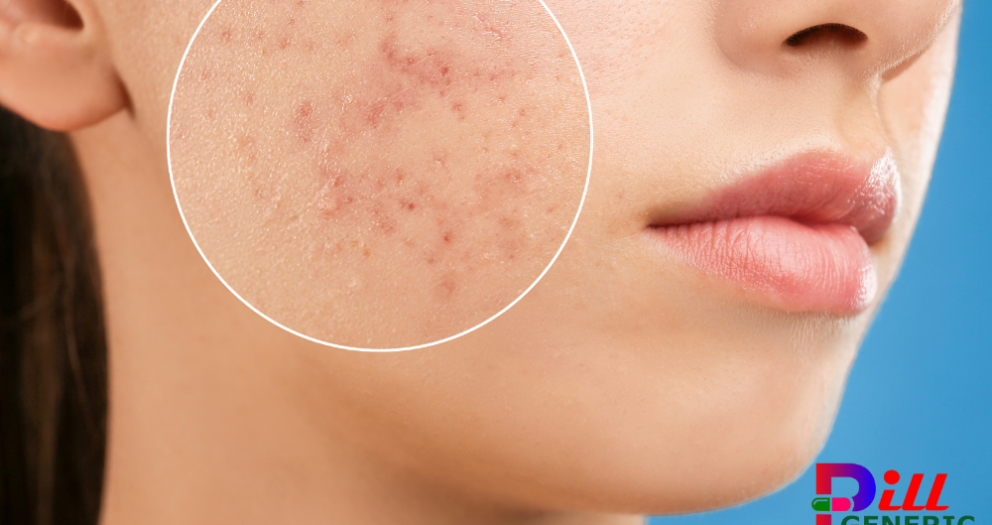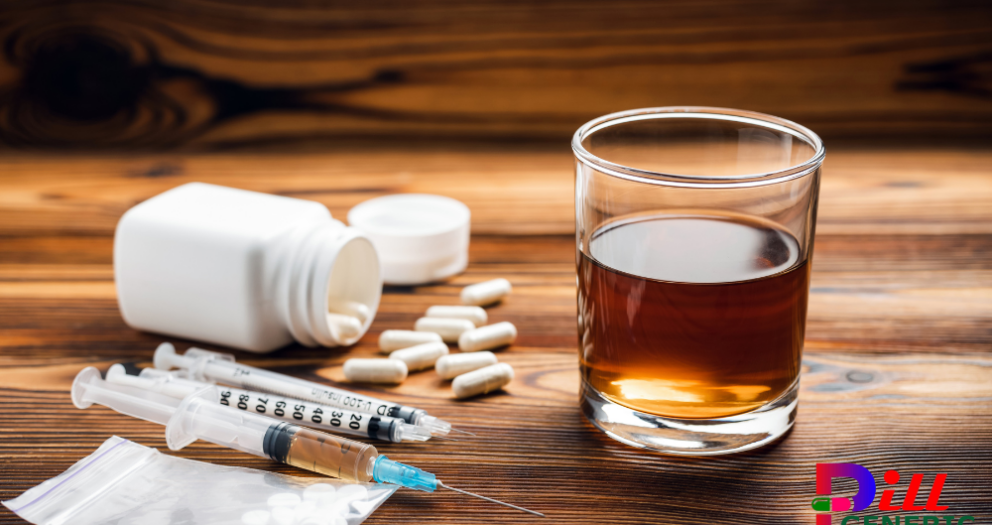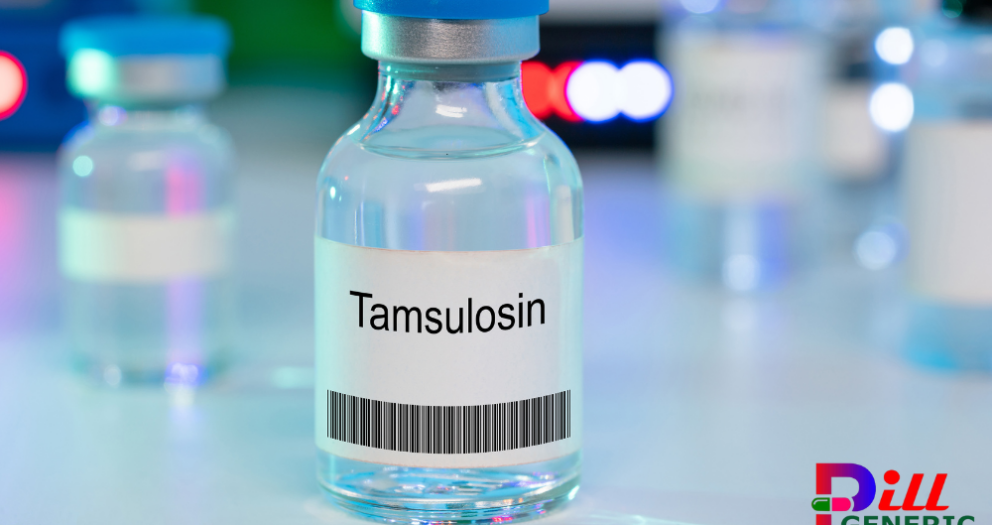Film-coated tablets can offer several benefits to women:
1. Easier to Swallow:
The smooth, glossy coating makes film-coated tablets easier to swallow compared to uncoated tablets, which is particularly helpful for women who have difficulty swallowing pills, such as older women or those with a sensitive gag reflex.
2. Protection from Stomach Irritation:
For medications that may irritate the stomach lining (such as certain pain relievers or supplements), the film coating can act as a barrier, preventing direct contact with the stomach and reducing the risk of discomfort or nausea.
3. Improved Medication Absorption:
Some film-coated tablets are designed to release the active ingredient in specific parts of the digestive system, such as the small intestine, where absorption may be more effective. This controlled release can improve the efficacy of medications, such as hormones or iron supplements, which are commonly prescribed to women.
4. Masking Unpleasant Tastes or Odors:
Certain medications, including those for hormonal therapy or vitamins, may have an unpleasant taste or odor. The film coating can mask this, making the tablets more palatable for women.




Write a comment
Your email address will not be published. All fields are required